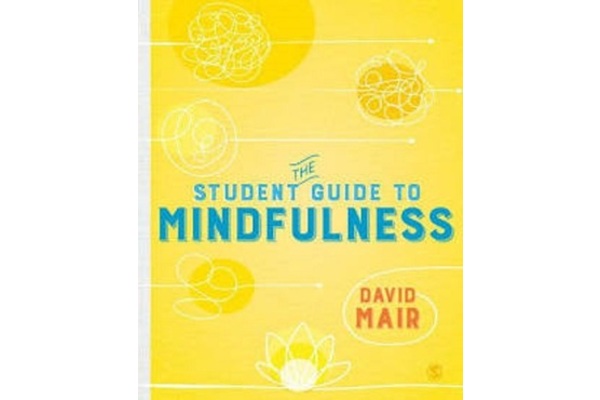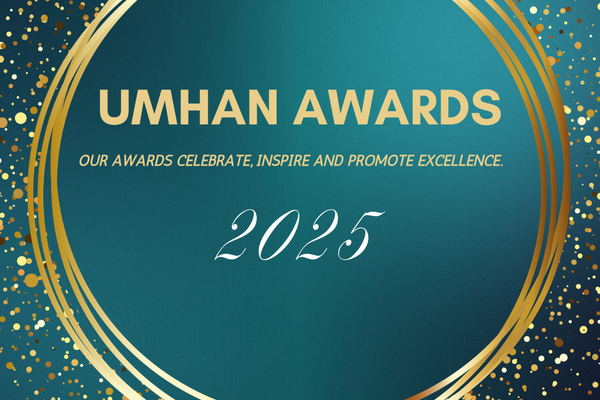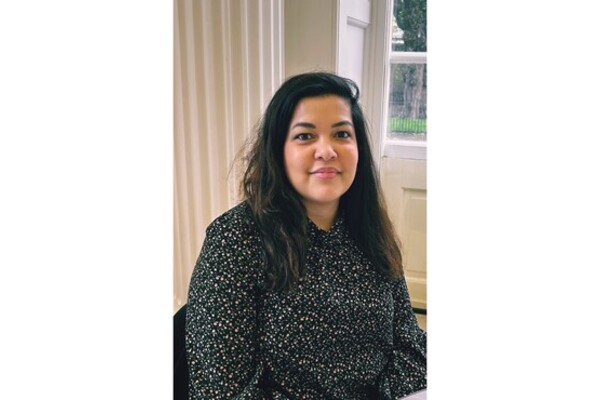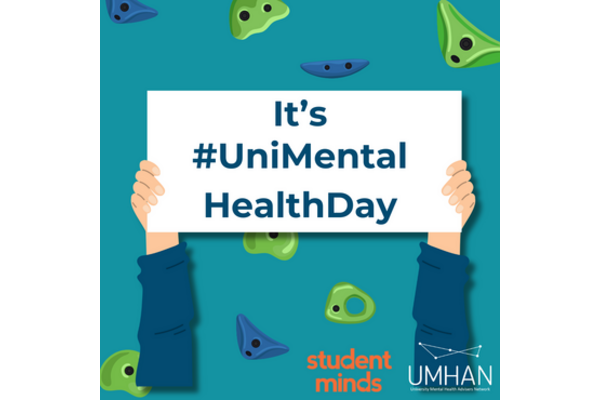The Student Guide to Mindfulness by David Mair
I chose to read this book as a Specialist Mentor and member of the University Mental Health Advisors Network wanting to find out about mindfulness in a more systematic and reasoned way than a lot of sources tend to offer. Like many of us, I suspect, it’s something that I’ve felt I ought to ‘combine’ into my practice, but I wanted to feel secure in my reasons for doing this and in the long-term benefits available to students. David Mair’s credentials to provide this understanding inspire confidence from the start: 20 years’ experience supporting students in university settings mean that he is speaking from, and into, the very heart of our work. I had been looking for a resource that would enable me to really believe in the process of mindfulness, rather than just suggest odd strategies in a piecemeal kind of way. David makes it clear that this is even more important than I had thought, that unless mindfulness ‘is a part of a deeper philosophy of living, it’s unlikely that it will be something you find particularly helpful or life-enhancing’. This matters for both us as practitioners and for the students we aim to provide with ways of being that will support them for the rest of their lives beyond their university years.
David goes on, in ten themed chapters, to guide us through the concept of mindfulness in a holistic and informed way. His explanation throughout is gentle, compassionate and clear, which I really needed as I began to explore aspects of my being and thinking in an intimate way. I found his consistent honouring of the spiritual roots of mindfulness, combined with evidence firmly rooted and referenced in modern scientific understanding both compelling and convincing. There are links to online clips throughout, lists of references and further reading at the end of each chapter, and ‘Questions for Reflection’ to help you to develop your understanding.
I spent a long time poring through the first three chapters, establishing my confidence and ‘listening’ to David’s voice explaining it to me – it’s a big shift in understanding yourself to engage with, but the layout of the book, with clear headings, short labelled sections and attractive grey font, make it easy on the eye and brain, and quick to check back and forth.
Then I got excited by the further chapter headings – they each relate to topics we are challenged by every day in our work: ‘self-compassion, depression, perfectionism, anxiety, procrastination, self-care, and concern about the future’. I found Chapter 10 particularly helpful as a way of guiding young people who are extremely anxious about the unknown in their futures, a very difficult fear to allay and something I had been searching for help with.
I would recommend this book to other Specialist Mentors as it offers hope and helps to make sense of confusing and conflicting thoughts, emotions and patterns which may otherwise hinder living a fulfilling and enjoyable life. The academic rigour of the book, as well as its accessibility, should appeal to students as well as to their mentors, although initially reading the book during the holidays might be necessary as although it offers practical advice and exercises, it does require deep consideration and a combining into the reader’s personal philosophy, as David points out, for best effect.
Cathy Fell









